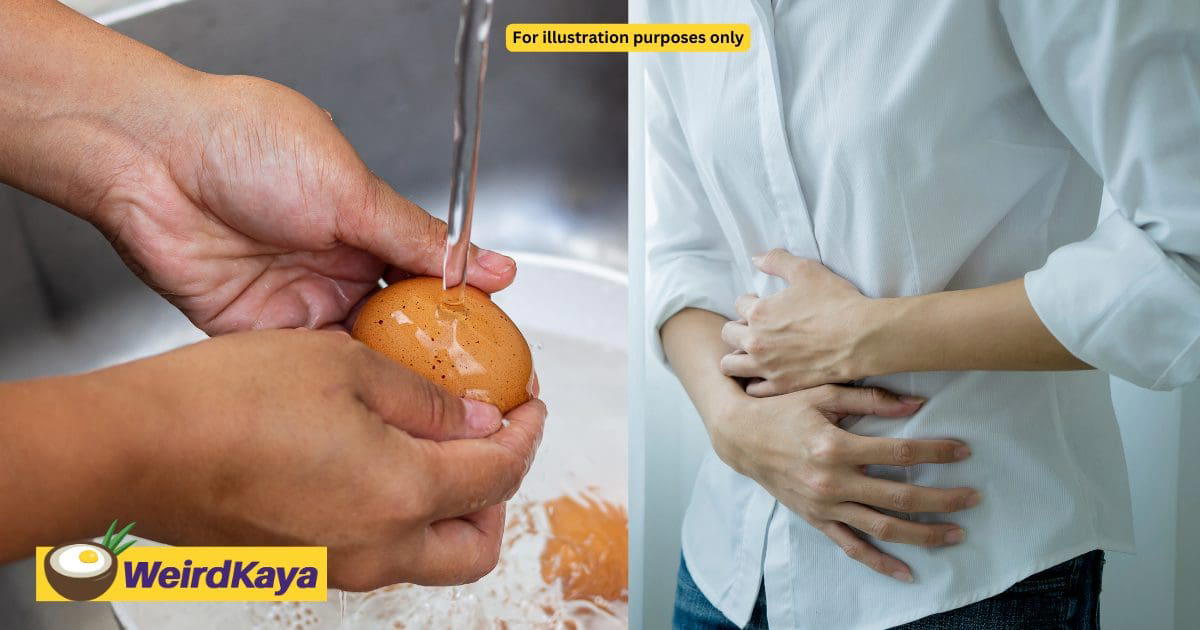A recent food poisoning incident in Gombak has since left a two-year-old girl and a 17-year-old boy dead after they experienced diarrhea after eating food they brought home from a religious school program.
The Selangor Islamic Religious Department (JAIS) later announced that the deaths were allegedly caused by improperly cooked sunny-side-up eggs.
JAIS Director Datuk Mohd. Shahzihan Ahmad also issued a directive to halt the food supply service suspected of being linked to the fatalities.
In light of this tragedy, here are some essential tips to follow in safely preparing egg preparation before consuming them:
1. Wash eggshell thoroughly
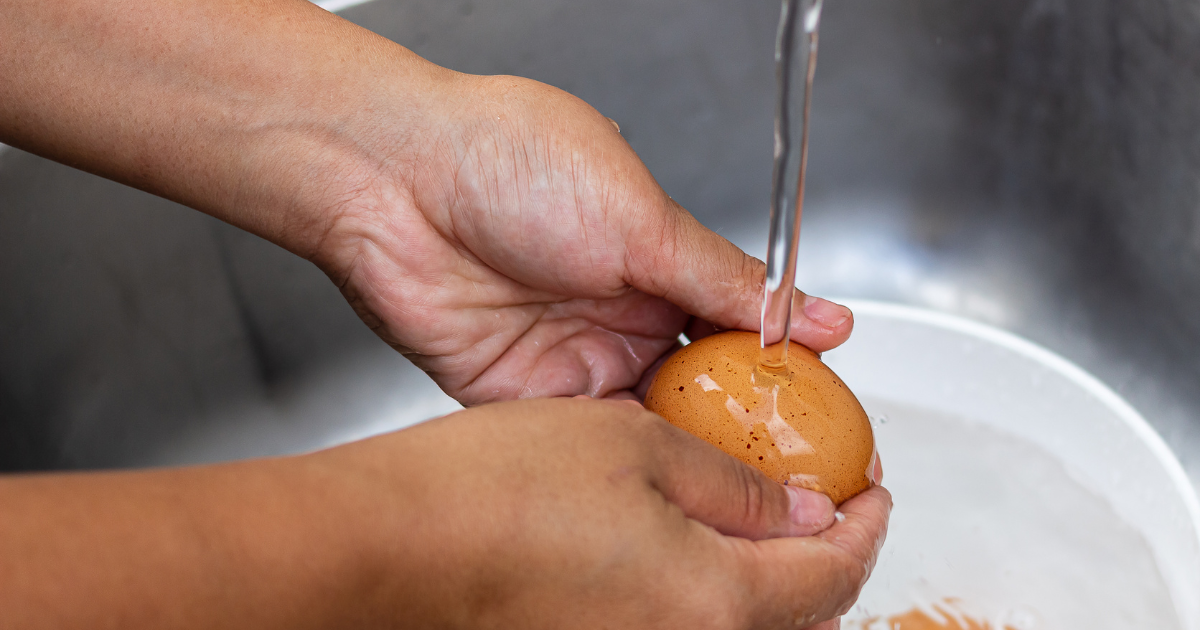
Before cooking, wash the eggshells under running water to remove any fecal matter or contaminants. This helps to reduce the risk of transferring bacteria from the shell to the innermost part inside of the egg.
2. Cook eggs thoroughly
Most assume that as long as the egg appears thoroughly cooked, it is safe for consumption. However, this is a faulty assumption that can lead to grave consequences.
As such, eggs must be cooked to the point where the yolk is firm and doesn’t have a runny composition as failing to do so can expose one to salmonella, a bacteria that lives inside the intestine and can cause various symptoms such as diarrhea, fever and stomachaches.

If you’re unsure whether the egg has been properly cooked, you can opt for a food thermometer to gauge its internal temperature, where it must reach the minimal reading of 160°F (71°C).
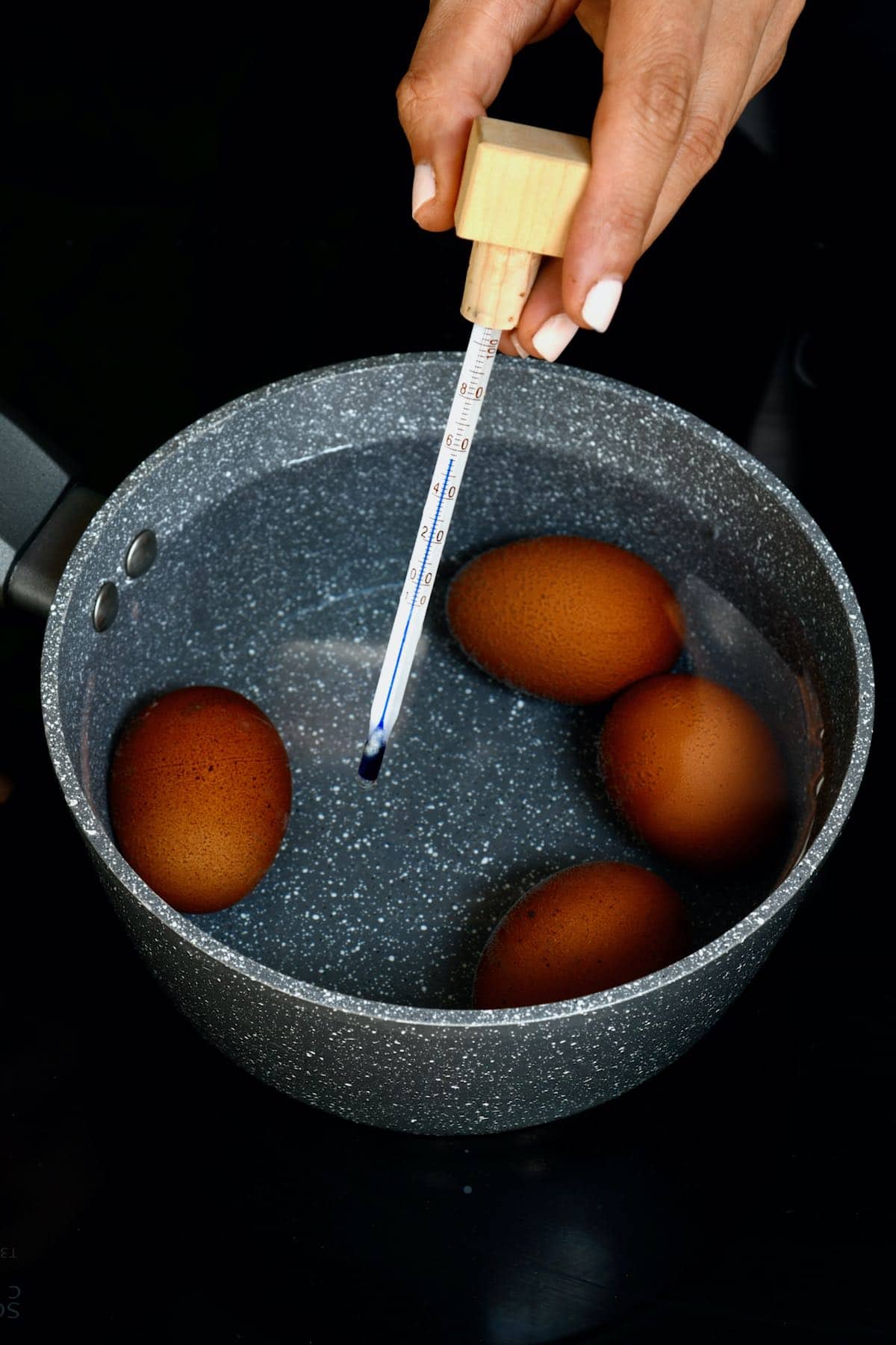
3. Avoid preparing eggs in bulk
If you are preparing a large quantity of eggs that will not be consumed immediately, avoid making dishes like sunny-side-up or half-boiled eggs. These dishes provide more time and opportunity for bacteria to fester and multiply, increasing the risk of foodborne illnesses.
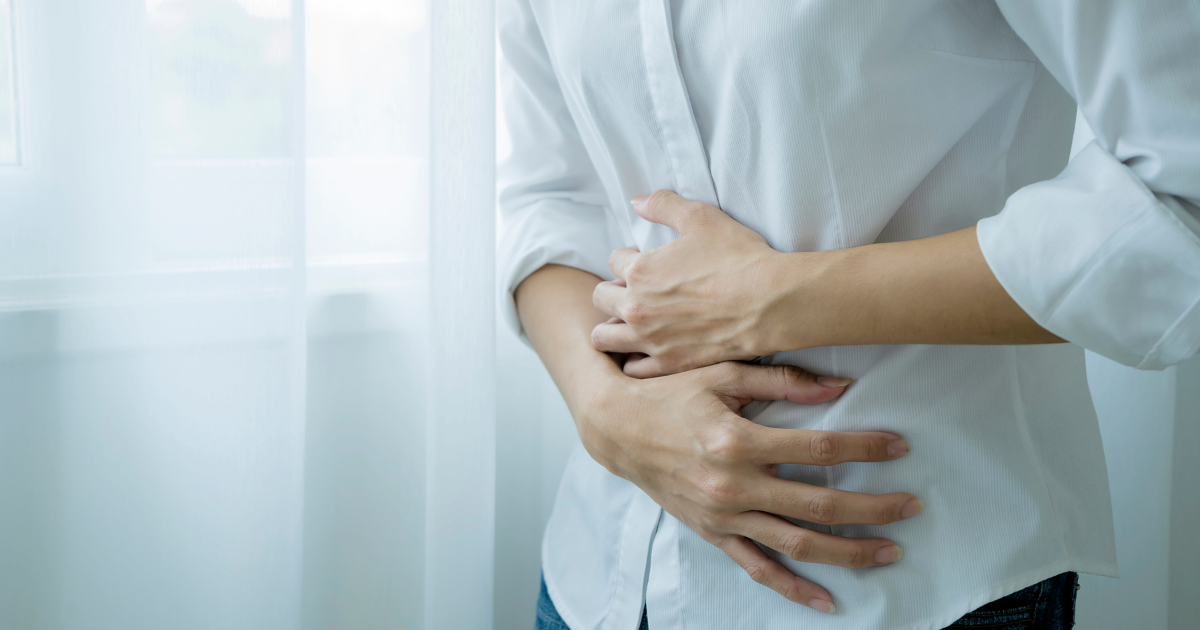
4. Store eggs safely
Like cooked eggs, raw eggs must be handled with care and stored inside the refrigerator at a temperature of below 40°F (4°C). Also, avoid leaving eggs sitting at room temperature for extended periods of time.
Additionally, check the expiration date on egg cartons and use the eggs within this period. If you discover eggs that have gone past the expiration date, throw them out as they pose a higher risk of bacterial contamination.

5. Clean kitchen surfaces and utensils
You might be thinking: What does kitchen surfaces and utensils have to do with cooking eggs properly? But did you know that using contaminated tools can cause sickness even if you’ve cooked the food thoroughly?
To prevent this from happening, clean all surfaces and utensils after handling raw eggs and be sure to wash your hands with soap and water too. This practice prevents cross-contamination with other foods.
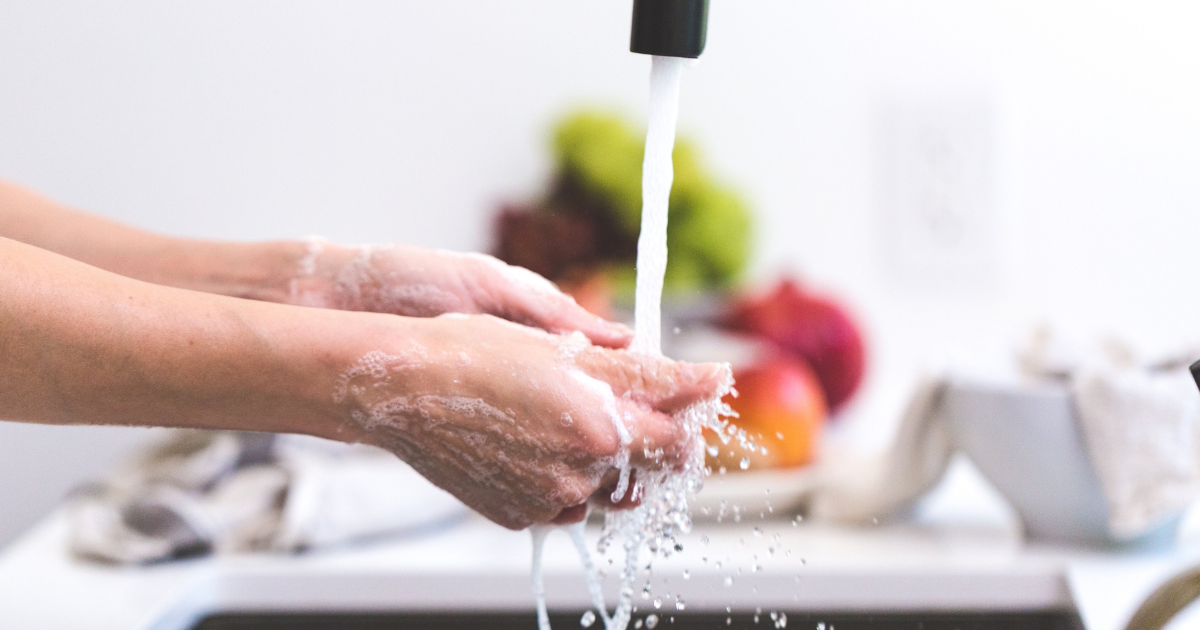
Alternatively, you’re recommended to be updated with public health advisories and egg recalls issued by health authorities. In case of a recall, follow the guidelines provided for disposal or return of the product.
For more information and updates on food safety, visit the Public Health Malaysia (PHM) website or contact your local health department.
By following these tips and remaining vigilant about proper egg handling, you can enjoy the nutritional benefits of eggs without compromising your health. Always prioritise thorough cooking, proper hygiene, and safe storage to prevent foodborne illnesses!
READ MORE:



